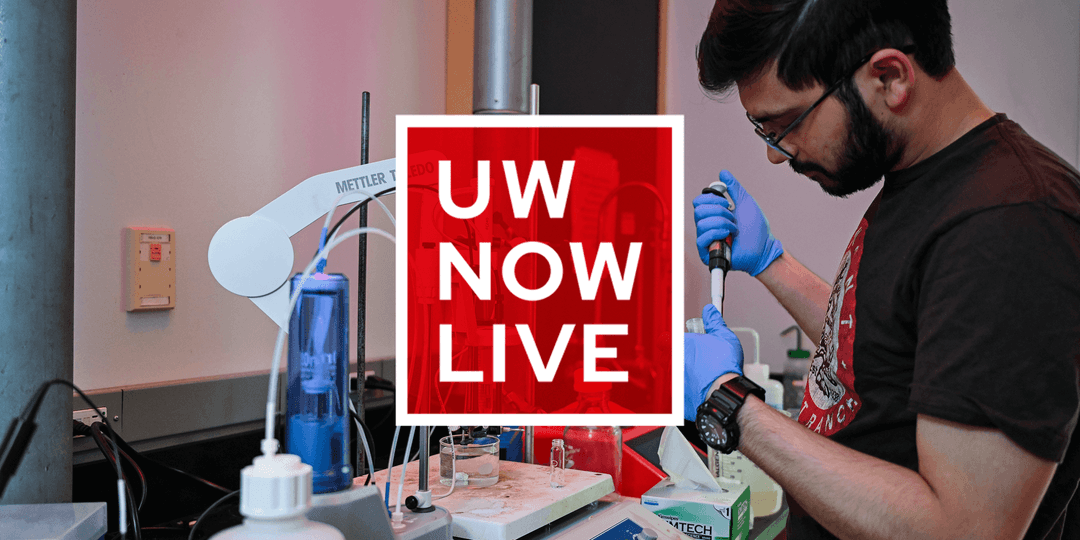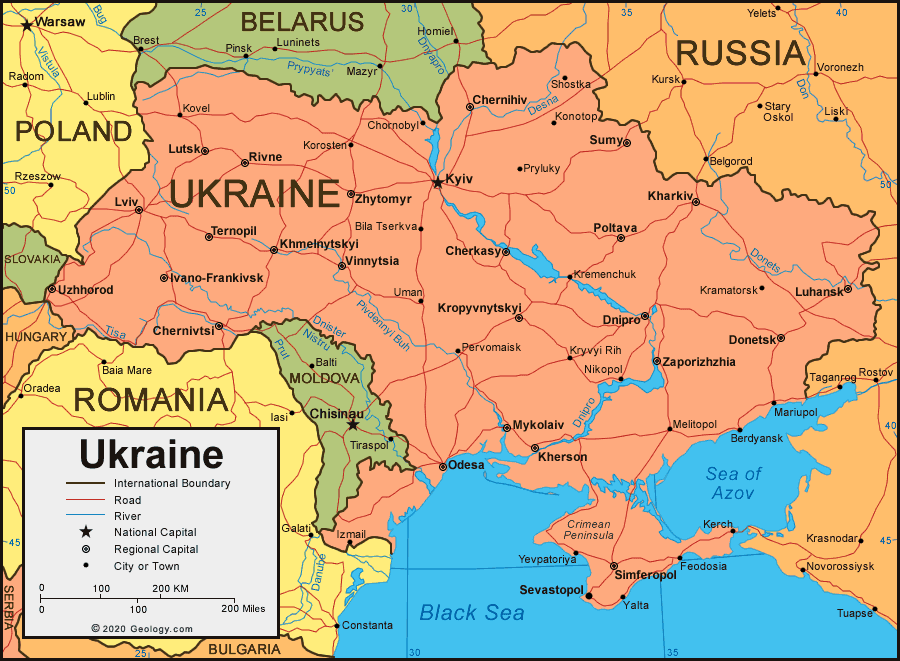When we talk about climate change, we tend to think of its effect on a planetary scale: oceans will rise, species will suffer, ecosystems will be at risk. But a changing climate will also have a more immediate and personal effect on a great many individuals, even if their homes are far from flooding seashores and they don’t have to worry about irrigating farms from diminishing rivers: a warming climate appears to be causing an increase in extreme weather, which means higher insurance costs for everyone, according to Benjamin Wright ’02.
Wright studied actuarial science at UW–Madison, and he now works as the chief underwriting officer in homeowners’ business at American Family Insurance. He thinks a lot about the price of insurance and where it’s headed.
“Climate risk is on the rise,” he says, “and we’ve seen an increase in both frequency and severity of events. That has resulted in a significant increase in insurable losses related to weather. Those significant losses have resulted in pressure on the pricing or otherwise put affordability of insurance, as well as pressures on the availability of insurance.”
On the September 12, 2023, UW Now Livestream, Wright will join with UW scientists for a conversation about the ways that climate change is affecting American families.
My Chief Area of Expertise Is:
Pricing and underwriting of personal-lines insurance — I’ve been working in personal lines insurance for the majority of my career, even though I started out in life and health. When I say personal lines insurance, I mean primarily homeowner’s insurance and auto insurance. I have been with American Family Insurance Group for nearly 23 years. I started out in actuarial, spent time in finance, and then spent time leading a variety of functions, including product development, product management, and actuarial types of functions.
Tonight on The UW Now, I’ll Discuss:
I intend to talk about how increased climate risk has affect the insurance industry, meaning what it was meant for losses over time and how those have accelerated in recent years. From there, I will share how that has impacted the pricing and availability of insurance. Finally, that there is still some hope through research and development of building materials and construction methods that can help us create more resilient and sustainable homes and communities.
The Main Point I Want People to Remember Is:
Climate risk is increasing and is certainly having an impact on the market and the insurance industry broadly. When home buyers are evaluating a property, this is more and more something that they need to consider — understanding how [a home] was built, whether it’s resilient to the types of weather events that we’ve been experiencing, and what type of risk is present in that geographic area.
To Get Smart Fast, Read:
- The Insurance Information Institute. They were established in 1960 and have been a trusted source with unique data and data-driven insights on insurance for many decades, and they have a wealth of information.
- The Insurance Institute for Business and Home Safety. They’re an independent nonprofit scientific research and communication organization that’s supported by the insurance industry and affiliates, and they conduct a lot of research around construction methods and building materials and provide sound standards and advice.
- The National Centers for Environmental Information. That’s a part of NOAA [the National Oceanic and Atmospheric Administration] and is a great resource for climate and weather information in general. It’s not necessarily insurance-specific, but the information that NOAA collects and provides is something that a lot of the top carriers use today, when it comes to assessing climate risk.




